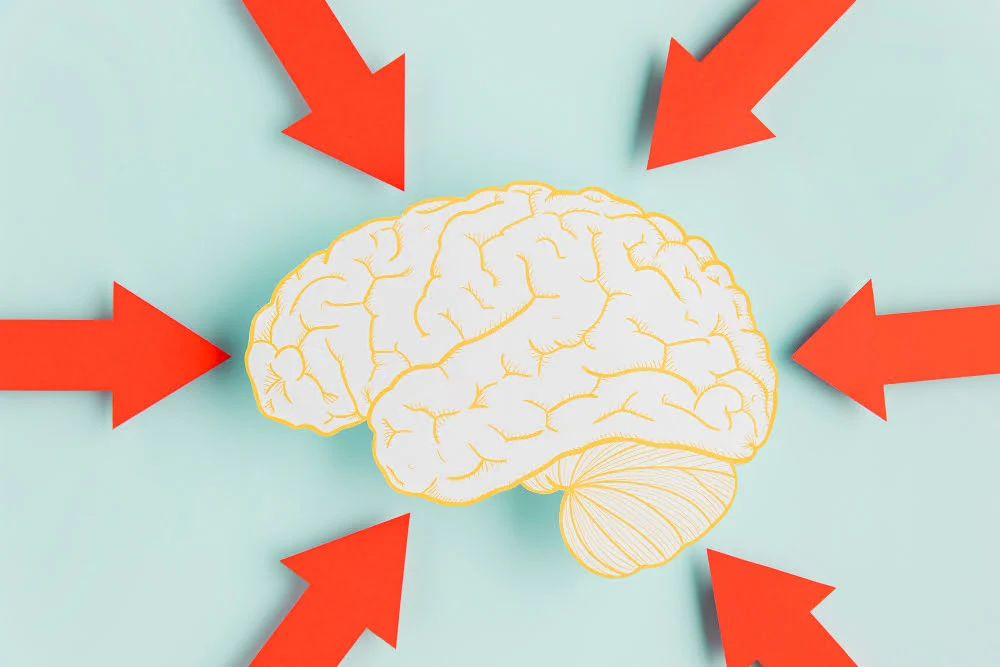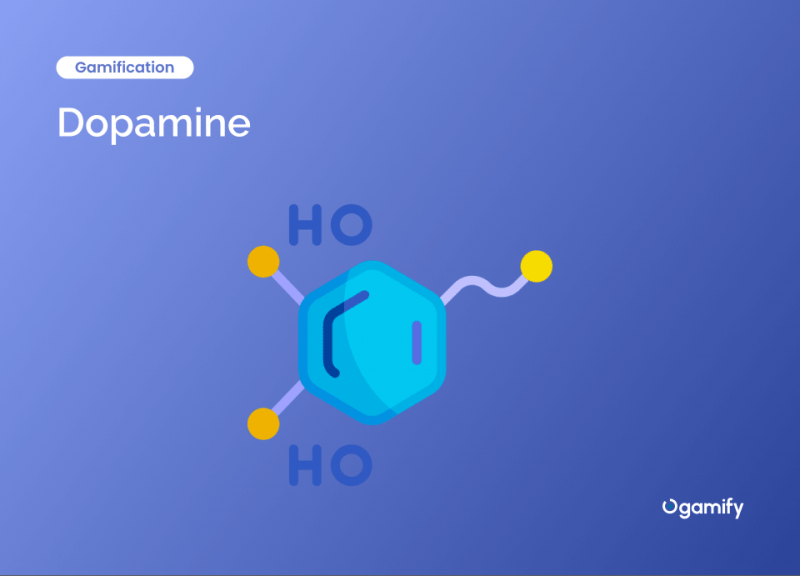A neurotransmitter called dopamine is essential for many elements of our existence, such as motivation, reward, and pleasure. It is also acknowledged to have a substantial influence on our video gaming experiences. In this essay, we will investigate the fascinating relationship between dopamine and video games, looking at how this neurotransmitter affects the motivation and design of these immersive digital experiences as well as player involvement.
Video games have captivated millions of players worldwide and have become an essential element of our contemporary entertainment culture. They provide a special type of immersion that frequently keeps players engrossed for lengthy periods of time. Behind this captivating experience lies the influence of dopamine, a chemical messenger in our brains.

What is Dopamine?
A chemical called dopamine delivers information between brain cells. It is essential to the reward and pleasure systems because it controls movement, motivation, and attention. Dopamine is released when we do things that make us feel good or fulfilled, like playing video games, which makes us feel satisfied and makes us want to keep doing it.
Dopamine and Reward Systems
Video games are designed to provide players with a sense of achievement and reward. These rewards trigger dopamine release, creating a pleasurable sensation. Whether it’s completing a challenging level, unlocking new content, or earning virtual currency, these in-game rewards activate the brain’s reward system, leading to increased dopamine levels.

Dopamine and Motivation in Video Games
Dopamine plays a significant role in motivating players to continue playing and striving for progress. The anticipation of rewards, coupled with the dopamine release, creates a cycle of motivation and engagement. As players achieve milestones or experience success in the game, dopamine reinforces the sense of accomplishment, driving them to seek further challenges and achievements.
Dopamine and Player Engagement
Player engagement is a crucial factor in the success of video games. By maintaining players’ motivation and interest in the game, dopamine plays a crucial part in producing an engaging experience. Players are kept in a state of flow during gameplay, where they are totally involved and totally focused on the difficulties and objectives of the game.

The Influence of Dopamine on Game Design
Understanding the role of dopamine has a profound impact on game design. Developers strategically design games to create a balance between challenge and reward, ensuring a steady release of dopamine to keep players engaged. By carefully structuring gameplay mechanics, progression systems, and reward structures, game designers optimize the release of dopamine to maintain player motivation and satisfaction.
The Dark Side of Dopamine in Video Games
While dopamine can enhance the gaming experience, it also poses potential risks. Game developers may exploit dopamine’s influence by incorporating addictive elements that keep players hooked. Overgaming, disregarding other facets of life, and even addictive habits can result from this. To avoid the detrimental effects of excessive dopamine stimulation, it is crucial to establish a balance between enjoyment and appropriate gaming.

Balancing Dopamine and Ethical Considerations
Ethical questions arise when the dopamine role in video games becomes more obvious. It is the duty of game designers to design experiences that put player welfare and mental health first. By considering the potential effects of excessive dopamine stimulation, developers can implement measures to promote healthy gaming habits, such as setting time limits, encouraging breaks, and providing resources for support.
Conclusion
Dopamine plays a significant role in shaping our experiences with video games. Its influence on motivation, reward systems, and player engagement cannot be overlooked. In order to enjoy video games and other elements of life equally, it is crucial for gamers to be aware of their gaming behaviors. We can make wise decisions and promote a healthy gaming environment by comprehending the complex interaction between dopamine and video games.
FAQ
Can video games actually release dopamine in the brain?
Yes, engaging in video games can trigger the release of dopamine in the brain’s reward system, contributing to the pleasurable experience.
Are all video games designed to exploit dopamine release?
Not all video games are designed with the intention of exploiting dopamine release. However, some games may incorporate addictive elements that keep players engaged and encourage excessive gaming.
Is excessive dopamine stimulation through gaming harmful?
Excessive dopamine stimulation through gaming can lead to addictive behaviors, neglect of other aspects of life, and potential negative consequences. It is important to maintain a healthy balance and practice responsible gaming habits.
How can game developers promote healthy gaming habits?
Game developers can promote healthy gaming habits by implementing features such as time limits, reminders to take breaks, and providing resources for support and education on responsible gaming.

